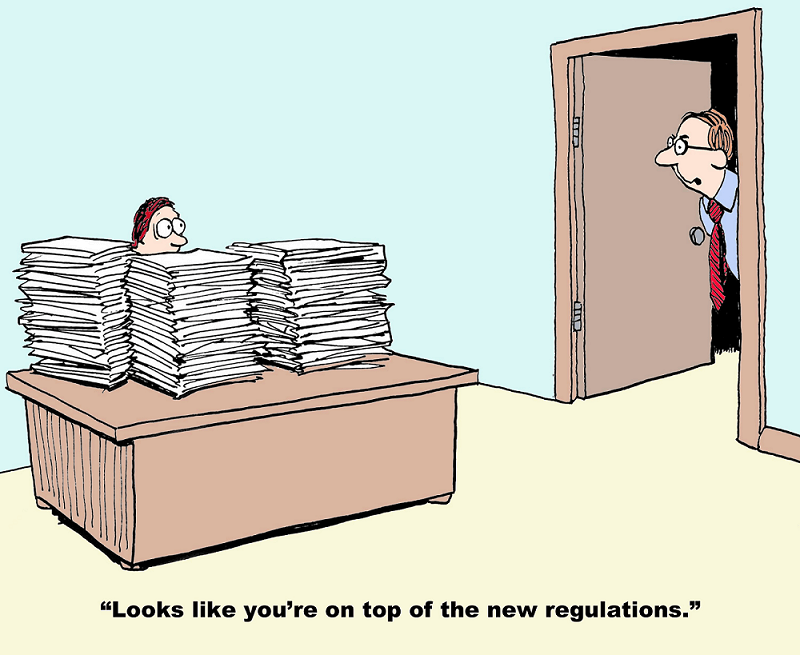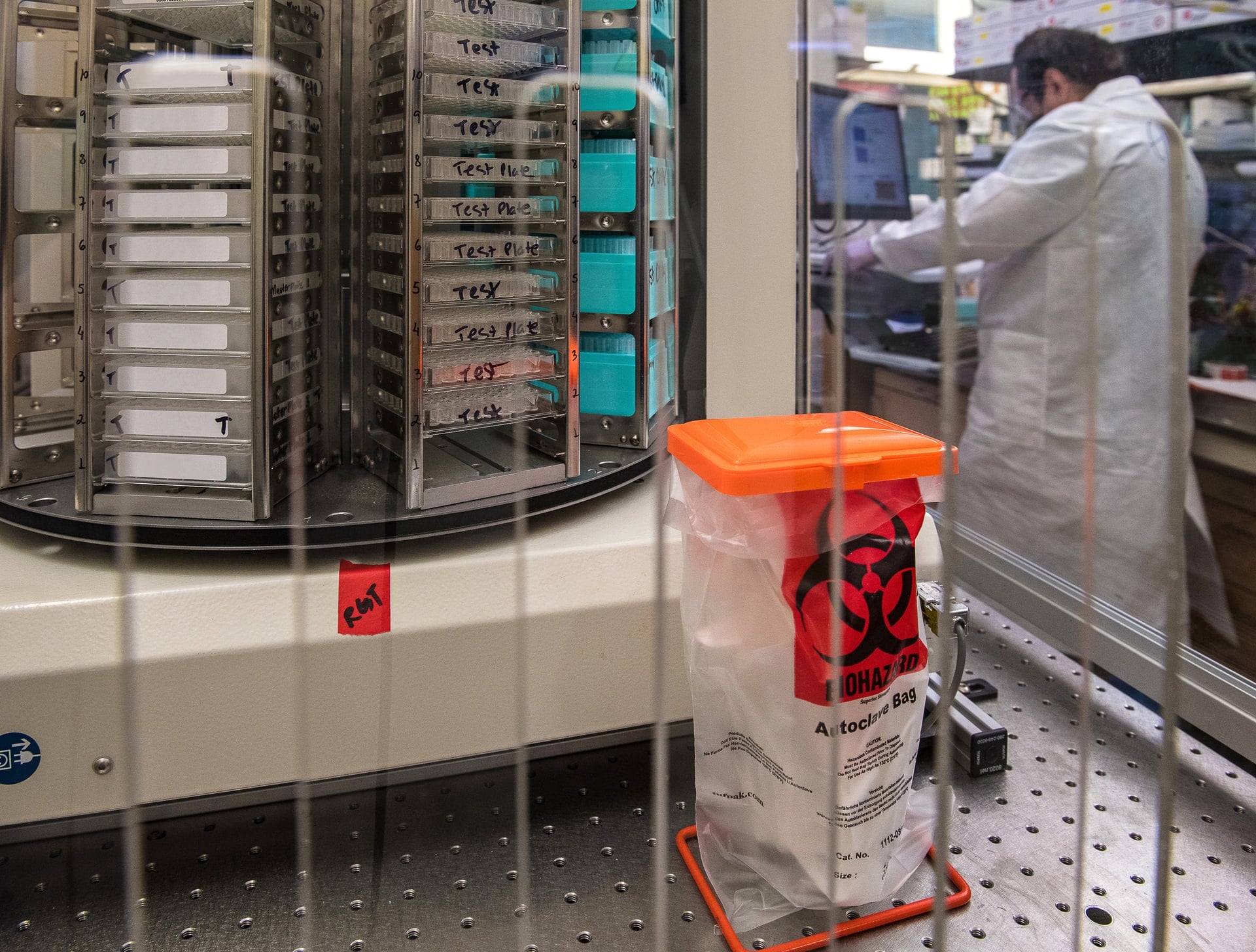When food and beverage firms are small, it is often possible to get away with idiosyncratic or inconsistent processes that have been home-grown. But as a food and beverage manufacturer scales up, quality control becomes more important and often required.
Inconsistent quality and poor standards pose a health risk for consumers. That’s why the U.S. Food & Drug Administration (FDA) requires process control and validation for food and beverage manufacturers. It just doesn’t work if the food and beverage products on store shelves are loosely manufactured.
So as food and beverage firms grow, they need backend systems that can meet stringent health standards around quality, standardization, and tracking.
ERP is Essential for Food and Beverage Quality Control
There are many reasons why food and beverage manufacturers need an enterprise resource planning solution (ERP), but foremost among those reasons is the management of quality control.
ERP is backend software that runs a business end-to-end. By integrating all phases of operations, standardized processes can be enforced, tracking and serialization can be achieved, and operational visibility necessary for the manufacture of safe and reliable food and beverage products is made possible.
There are several areas where ERP is essential for the manufacture of food and beverage products.
1. Standardization Enforcement
With ERP, it is possible to monitor and enforce standardized processes around food and beverage manufacturing. An ERP system can guide employees on the correct steps during the manufacturing process, and flag when these processes are not being followed.
2. Ingredient Validation Along the Supply Chain
The consistency of raw materials that go into the creation of food and beverage products is important for ensuring both safety and reliability. ERP can both monitor and track the movement of the specific inputs that go into the manufacturing process, and ensure that only verified supplier sources are used during the manufacturing process. This prevents an ingredient variant or input of lower quality from sneaking into the manufacturing process.
3. Quality Control
Even with standardized processes, some product quality variability will occur. With ERP, food and beverage manufacturers can comply with regulatory requirements and monitor testing more effectively by tracking each product lot that comes off the shop floor and automating product testing to ensure that product variance is spotted immediately before it leaves the warehouse.
4. Serialization
Part of how ERP helps ensure quality is by the enablement of product serialization. With ERP, each product that is manufactured can be given a unique serial number for tracking and verification purposes. This helps identify individual products that might have suffered a defect, and enables the identification of product lots that might need to be checked or recalled if a problem with the manufacturing process is discovered.
5. Traceability
When a problem during the manufacture of a given food or beverage product is discovered, traceability becomes key during the recall process. ERP makes accurate recalls possible for food and beverage manufacturers, because an audit trail exists for each product that has been manufactured. Through ERP, a manufacturer can identify which units might be affected, where they have been shipped or are sitting in the warehouse, and automatically issue recall instructions so those units are returned for inspection.
Recalls never are welcome, but ERP makes product recalls routine instead of a logistics nightmare.
6. Advanced Automation
The consistent manufacture of food and beverage products greatly benefits from automation. Without ERP, certain parts of the manufacturing process might be automated through manufacturing equipment and standalone software solutions. This level of automation is small in comparison to what can be done through the use of ERP.
With ERP, almost every part of the manufacturing process can be automated and unified through the system. This comes from system-wide automation that is baked into the foundation of ERP, and intelligent assistants that make creation of automation relatively easy to set up. It also comes from having all operations run from a centralized system so automation can pull data from across an organization in real-time and act on it. This automation cuts across manufacturing operations, human resources, logistics, financial management, sales and marketing, and all other areas of the business.
ERP Specifically for Food and Beverage Manufacturing
Businesses of all types use ERP today, especially since implementation time and cost have come down thanks to cloud-based ERP solutions such as SAP Business ByDesign and SAP S/4HANA Cloud, Public Edition. The general character of an all-purpose ERP solution can require proper configuration for the specific use case of a food and beverage manufacturer, however.
With that in mind, Navigator has developed a prepackaged industry solution specifically for food and beverage firms. This industry solution comes ready for the needs of food and beverage manufacturing out of the box, which leads to faster implementation times, reduced costs, and industry best practices as the starting point for companies that adopt it. Instead of reinventing the wheel and configuring the ERP system fresh, a food and beverage manufacturer can hit the ground running by starting with a standard installation that already takes most of the firm’s needs into account.
Learn more about how our ERP prepackaged industry solution for food and beverage firms can help, or contact one of our experienced consultants for more information by calling us at (801) 642-0123 or writing info@nbs-us.com.







